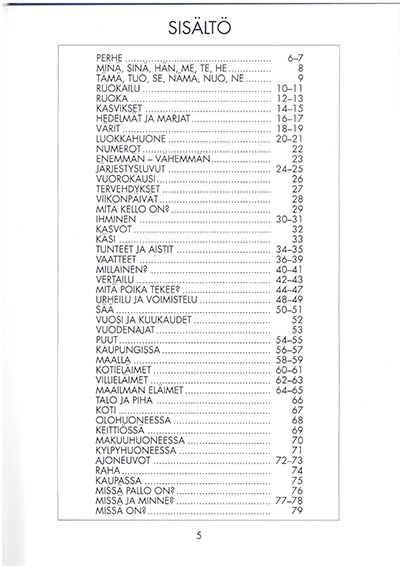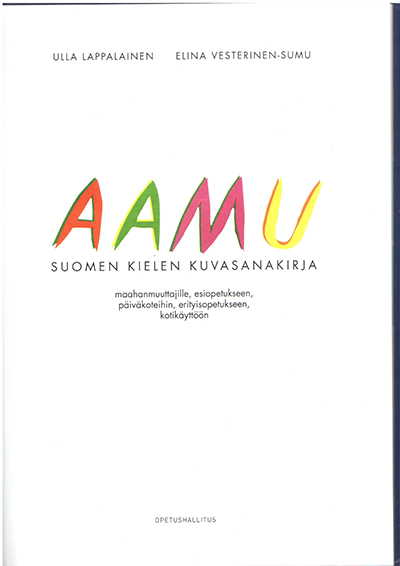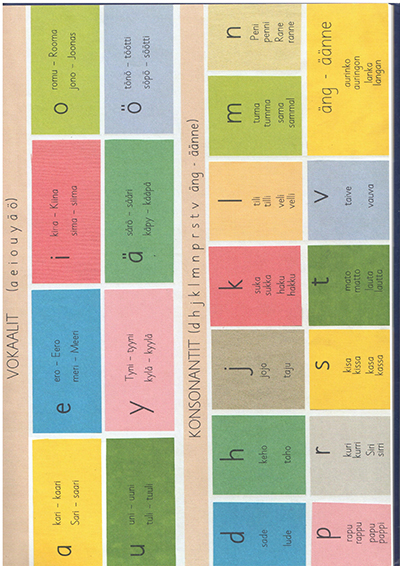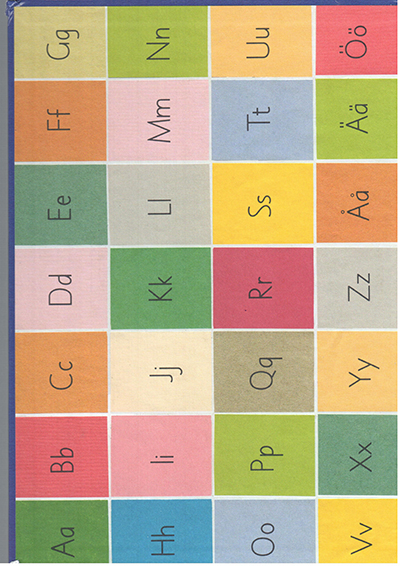| Sorted by date | |||
page186from Building Ideasproblem was the German philosopher Herbert Marcuse, who also despaired of the “culture industry”. As he wrote in One-Dimensional Man(1964), which also had a great influence on the student protests a few years later: The means of mass transportation and communication, the commodities of lodging, food and clothing, the irresistible output of the entertainment and information industry carry with them prescribed attitudes and habits, certain intellectual and emotional reactions which bind the consumers more or less pleasantly to the producers and, through the latter, to the whole. The products indoctrinate and manipulate; they promote a false-consciousness which is immune against its falsehood.18 Marcuse, in his earlier work, had also combined these Marxist themes with a reworking of various ideas he had discovered from his study of psychoanalysis. Beginning with the pioneering work of the Viennese doctor, Sigmund Freud, Marcuse developed the notion of the unconscious into a tool of political analysis. In the effort to decode ideologies and escape their insidious influence, Freud’s “topological” model of the human psyche provided another possible mechanism. As Lévi-Strauss had indicated by his comparison of “geology, Marxism and psychoanalysis”, the base-superstructure model of Marxism was mirrored in Freud’s diagram of the structure of the mind. The unconscious-conscious split was modified in Freud’s later work to become a three-part system of relations between super-ego, ego and id. The id, or “it”, at the base, is seen as the primordial source of our instincts and these are repressed by the authority of the super-ego to prevent them from upsetting the “social” functioning of the ego(or “I” – the conscious self). This domination of the instinctual desires by the action of the super-ego involves a process of repression that echoes that of the capitalist system over the worker. The psychological process of internalization of the childhood figures of authority, such as when the mature adult’s “super-ego” stands in for the absent parent, appears to
|
|||
|
|||
|
|
 ... ...
... ... ... ...
... ... ... ...
... ... ... ...
... ... ... ...
... ... ... ...
... ... ... ...
... ... ... ...
... ... ... ...
... ... ... ...
... ... ... ...
... ... ... ...
... ... ... ...
... ... ... ...
... ... ... ...
... ...